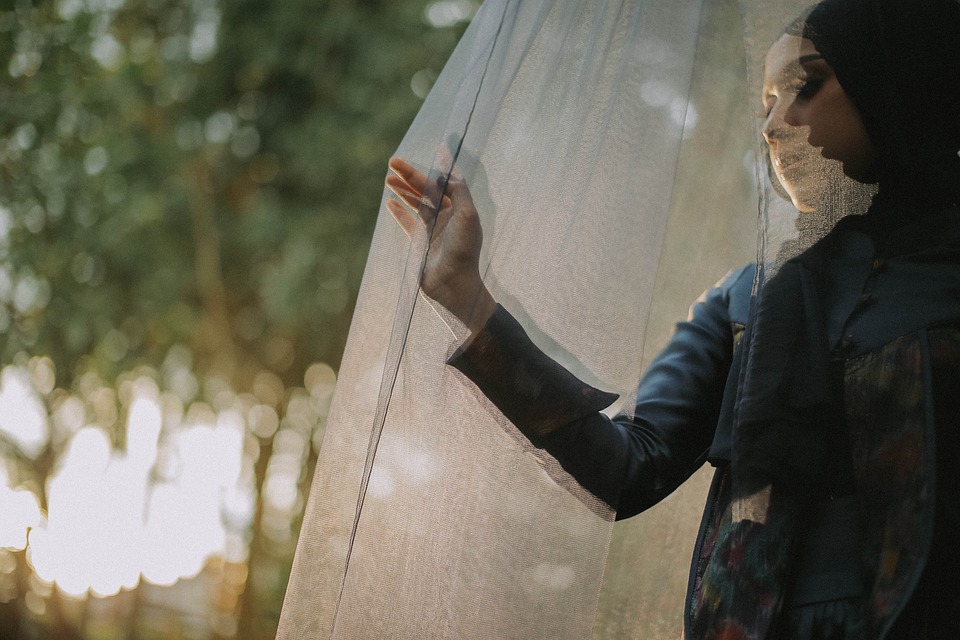The Power of Musical Storytelling: How Music Enhances Narratives
Music has the power to transform a story. It can evoke emotions, create tension, and enhance the overall experience of a narrative. From film scores to Broadway musicals, music plays a crucial role in shaping the way we perceive and engage with stories. In this article, we will explore the ways in which music enhances narratives and why it is such a powerful tool for storytelling.
Emotional Connection
One of the most powerful ways in which music enhances narratives is by creating an emotional connection with the audience. Music has the ability to convey complex emotions in a way that words alone cannot. Through the use of melody, harmony, and rhythm, composers are able to evoke feelings of joy, sorrow, excitement, and everything in between.
Think about your favorite film or television show. Chances are, the music played a significant role in shaping your emotional response to the story. Whether it’s a soaring orchestral score during a triumphant moment or a haunting melody underscoring a tragic scene, music has the power to elevate the emotions of a narrative and draw the audience in on a deeper level.
Creative Expression
In addition to evoking emotions, music also serves as a form of creative expression for storytellers. Composers have the freedom to experiment with different musical styles, instrumentation, and themes to enhance the narrative of a story. Whether it’s a jazzy score for a film noir thriller or a whimsical melody for a children’s animated series, music adds an extra layer of depth and complexity to the storytelling process.
Furthermore, music can be used to foreshadow events, create suspense, and enhance the overall tone of a story. By carefully selecting the right musical cues and motifs, composers can guide the audience through the narrative and enhance the storytelling experience. This level of creative expression adds richness and nuance to a story, making it more engaging and immersive for the audience.
Structural Support
Another way in which music enhances narratives is by providing structural support to the storytelling process. Music can help to delineate scenes, transitions, and emotional moments within a story. By using different musical motifs, composers can signal changes in mood, setting, and character development, helping to shape the overall flow of the narrative.
In the world of film and television, composers work closely with directors and editors to create a cohesive and immersive audio-visual experience. By syncing music to specific moments on screen, composers can enhance the pacing and rhythm of a story, creating a seamless and dynamic storytelling experience for the audience.
Universal Language
Music is a universal language that transcends cultural and linguistic barriers. It has the power to communicate emotions and ideas in a way that is understood by people from all walks of life. This makes music an incredibly powerful tool for storytelling, as it can reach and connect with audiences on a deep and primal level.
Whether it’s a stirring anthem in a Broadway musical or a haunting melody in a horror film, music has the ability to evoke a shared emotional response in listeners. This universal language of music enhances the narrative of a story by creating a sense of unity and connection among the audience, regardless of their background or experiences.
In conclusion, the power of musical storytelling is undeniable. Music has the ability to evoke emotions, enhance creativity, provide structural support, and communicate on a universal level. By weaving together melody, harmony, and rhythm, composers are able to enhance the narrative of a story and create a rich and immersive storytelling experience for the audience. So next time you watch a film or listen to a piece of music, pay attention to the ways in which music enhances the narrative and elevates the overall storytelling experience.

Leave a Reply